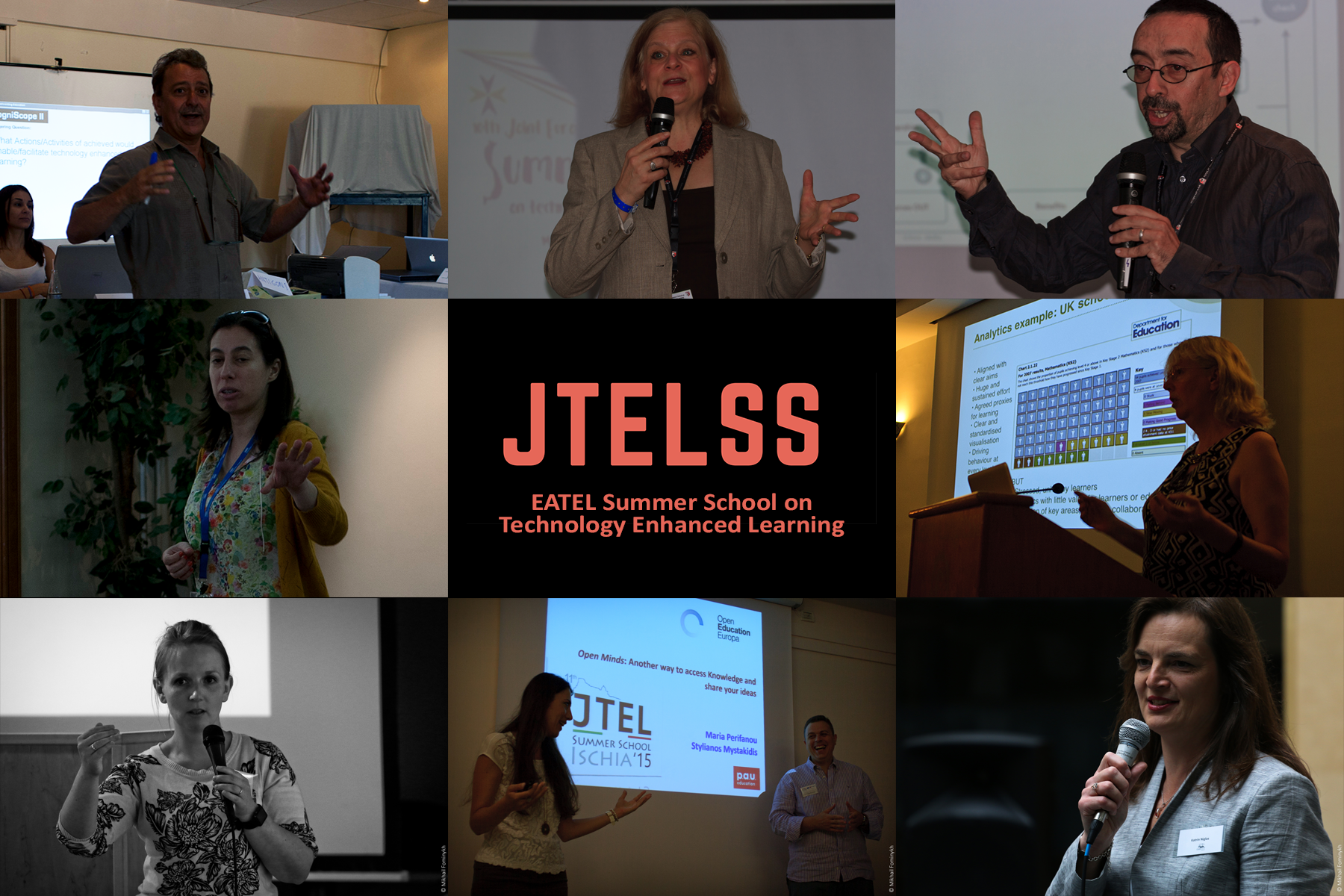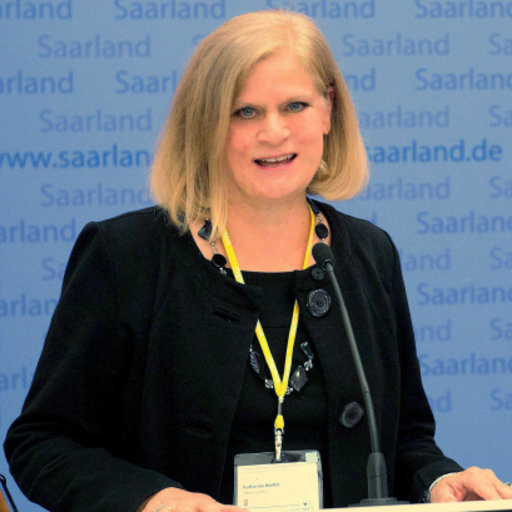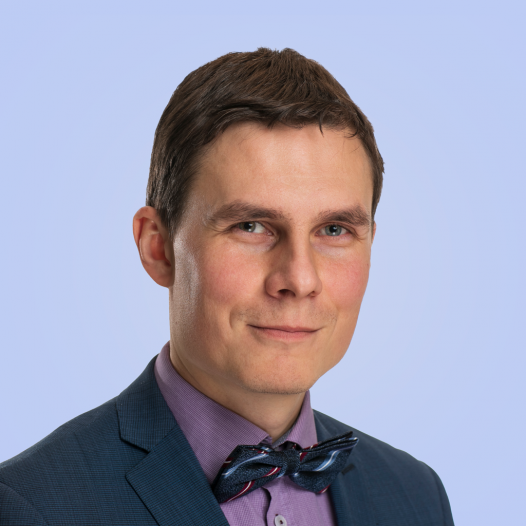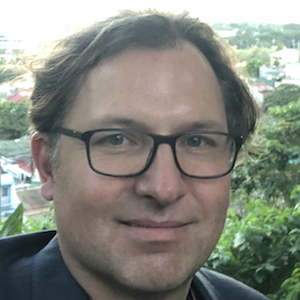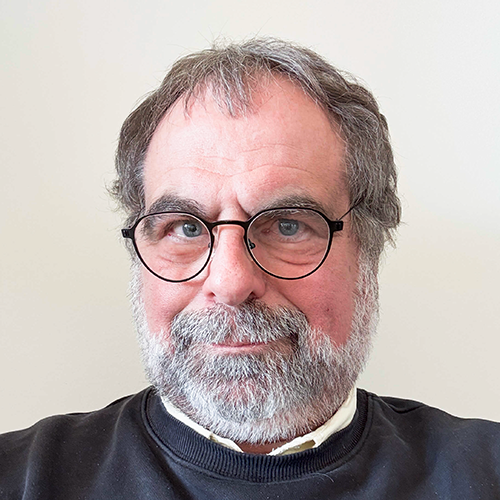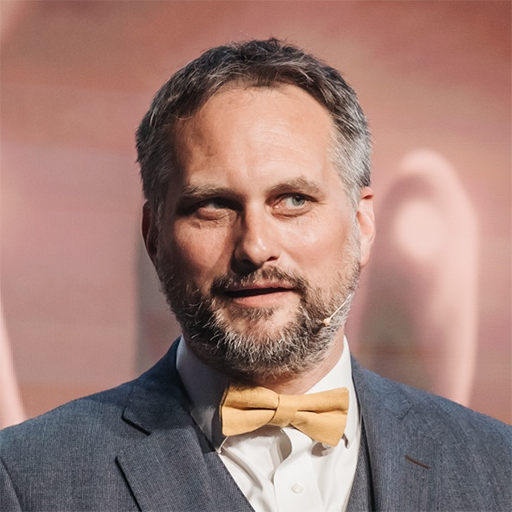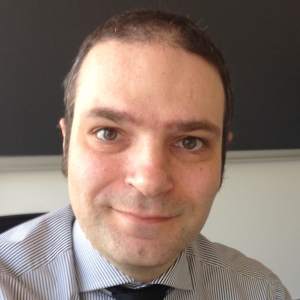About the Summer School
Launched in 2005, as the Joint Summer School on Technology Enhanced Learning (TEL), the event brings together each year 80 to 100 researchers, including about 50 PhD candidates. The JTEL summer school provides a stimulating learning environment where participants get opportunities to: develop research skills, increase their knowledge base, collaborate with others in their own and complementary research areas, engage in debate, have access to experts in the field, and discuss their own work.
Program and Topics
The program of the summer school covers topics from a broad range of domains which contribute to advancing the field of TEL. Instructors are encouraged to provide doctoral candidates with a perspective of the state-of-the-art research under study in their working groups. The programme also includes practical and methodological workshops as well as opportunities for PhD students to develop their personal research, discuss their doctoral work and build bridges for future collaborations experts in the field and peers across Europe. The summer school is open for PhD students and instructors from all countries.
Thematic Workshops on the latest trends and key concepts of TEL
- Online and Blended Learning Environments
- Open and Distance Education
- Serious Games and Gamification
- Learning Analytics
- Orchestration of Technology-Enhanced Learning
- Technology-Enhanced Assessment
- Adaptive and Personalised Learning
- Intelligent Tutoring Systems
- Mobile and Ubiquitous Technologies for Learning
- Computer-Supported Collaborative Learning
- Formal and Informal Learning
- Technology Enhanced Language Learning
- Motivational and Affective Learning
- Augmented Reality and Virtual Reality in Education and Training
- Sensors, Robots and Makerspaces in education
- Artificial Intelligence Applications in Education
- Technologies for Accessible and Inclusive Learning
Methodology workshops
- Research Methods in Technology-Enhanced Learning
- Research Design
- Research Ethics
Soft-skills workshops
- Academic Writing and Publishing
- Data Visualization and Presentation of Research Results
- Boosting Research Careers Using Social Media
- Pitching of Research Ideas
- PhD Life and Supervisor Management
Informal learning sessions
- Pecha Kucha – introduce yourself in 2 minutes with 2 slides
- Fish Bowl – highly engaging and intensive discussion
- Speed Mentoring – short one-to-one mentoring with several senior researchers
- Educational Board Games – learning research design in a highly informal setting
- Technology-Enhanced Learning community-development discussions
Career workshops
- Business and entrepreneurship opportunities in TEL
- European Funding for Research in TEL
PhD students presenting own research
- Poster session
- Mini-doctoral consortium
Summer School Activity Framework
The programme of activities offered at the summer school changes annually, reacting to evaluation results of the previous edition, while also implementing new and experimental ideas. Nevertheless, over the years, a stable common framework has emerged, which covers six distinct session types. The programme of the summer school is compiled combining sessions selected from submissions to an open call for instructors with ‘standard’ sessions from the framework, added by the organisers. All thematic workshops are proposed via the call for instructors, whereas, typically, all keynotes and informal sessions are added by the organisers. Methodological, soft-skills, and career workshops are mixed-initiative. Some workshops come through via the open call, some are added by the organisers. PhD candidates co-design the programme, submitting workshops, often collaboratively with supervisors or peers.
Learn more about the Summer School Activity Framework in the article “Interdisciplinary Doctoral Training in Technology-Enhanced Learning in Europe” in ![]() Frontiers in Education, 2020, DOI: 10.3389/feduc.2020.00150.
Frontiers in Education, 2020, DOI: 10.3389/feduc.2020.00150.
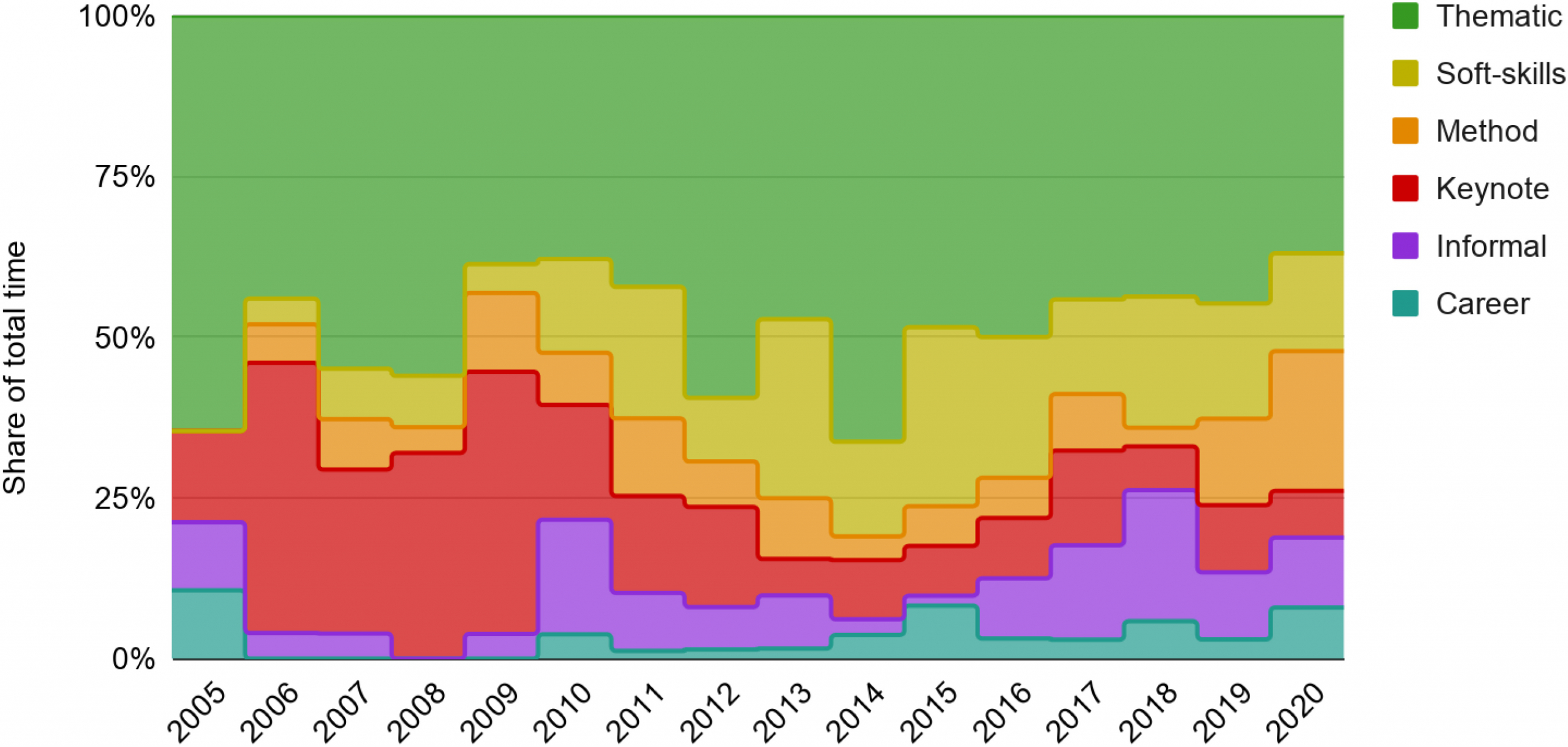
Overall, the activity framework provides a mix of structured regular activities combined with a dynamic community-driven curriculum. Moreover, it offers a networking venue for the TEL research community.
- Thematic workshops cover one or multiple wide or narrow areas of TEL research or practice. The topics of the workshops change year by year, driven by community interest. Some of the most common topics are listed below.
- Methodological workshops focus on different research methodologies that can be applied in various contexts of TEL research, such as systematic reviews, resign-based research, statistics for TEL, field studies, and many others.
- Soft-skills workshops cover topics such as academic writing, dissemination & communication, or presentation skills.
- Informal learning sessions encourage active participation and allow participants to present their work, bring up their questions and challenges, without any restriction to specific topics. These sessions play a key role in developing strong ties in the community, contributing to the social atmosphere of the event. The following informal learning sessions are offered by the organization team: Ice-breaker, Pecha Kucha, Pitch and Poster session, Fish Bowl, Game Night, and Speed Mentoring.
- Career workshops usually target late-stage PhD candidates and focus on opportunities for PhD graduates in both academia and business.
The summer school program also includes keynotes. However, the keynote speakers are selected and invited by the organization team. It is not possible to propose lectures or keynote sessions.
- Established researchers present keynotes covering central themes as well as frontiers topics. Since 2018, it was decided to accept only interactive workshops via the open call, removing the lecture category from the open submission process, while at the same time increasing the number of keynotes and managing the speakers drafting process centrally through invitation.
Value of the summer school
JTELSS provides great value to the progress of research and studies of PhD students in TEL. The contents of the school can extend or replace some of graduate courses on relevant topics and research methodology. Instructors delivering lectures and workshops see the value of the summer school in the possibility to disseminate research results, collect ideas from brainstorming and mini-project competitions, test interactive sessions before running them at larger events and more. JTELSS is a primary event in Europe for dissemination and networking in the Technology-Enhanced Learning community.
Cost of the summer school
The cost of the school varies each year. It depends on the local host and conditions. For PhD students, we normally offer a package price that includes 7-days accommodation (share a room twin with another PhD student pre-pandemic; individual rooms during the pandemic), meals (full board), two excursions and materials.
JTELSS follows a non-profit scheme. The organization team and the program committee members work as volunteers to make the event possible. The educational program of the school is provided free of charge. The cost of the school covers accommodation, meals, excursions and printed materials.
PhD students can use different funding schemes to cover the cost of the summer school. A limited amount of scholarships are normally given to the PhD students to cover the cost of the summer school (accommodation, meals and excursions). We also advise you to look for local or university funding. Another option to cover the cost is to apply for an Erasmus+ mobility funding. For this option, please, contact your international relations office.
Instructors who plan to deliver lectures and workshops often use funding from research projects to cover the cost. Erasmus+ teacher mobility funding is also an option.
Normally, we have special conditions for local PhD students and instructors. Please, contact the local chair for more information.
Social media
![]() Facebook page
Facebook page
![]() Twitter account
Twitter account
Hashtag #JTELSS
Past summer school events
Steering Committee
Katherine Maillet
Telecom SudParis, France
Katherine Maillet retired January 1st, 2025. Her career in higher education spans 45 years, covering teaching, research and orchestration. Among former her former responsibilities, she was Director of International Relations at Télécom SudParis, Institut Polytechnique de Paris, Director of the Foreign Language and Humanities Department at Institut Mines-Télécom Business School, project manager for R&D in […]
Mikhail Fominykh
Norwegian University of Science and Technology, Norway
Mikhail Fominykh is a researcher, developer and enthusiast in the area of technology-enhanced learning. Mikhail is serving as a Secretary and as the Education chair in the executive board of EATEL from 2021 to 2025. Mikhail holds a researcher position in the IMTEL research group at the Norwegian University of Science and Technology – NTNU, […]
Marco Kalz
Heidelberg University of Education, Germany
Marco Kalz is a full professor of technology-enhanced learning at the Heidelberg University of Education. He is also affiliated to the UNESCO chair of open education of the Open University of the Netherlands. His research interest lies on the use of open education, pervasive technologies and formative assessment to support self-directed lifelong learning. He has […]
Denis Gillet
Swiss Federal Institute of Technology in Lausanne - EPFL, Switzerland
Dr. Denis Gillet leads the Interaction Systems Group at the Swiss Federal Institute of Technology in Lausanne (EPFL), where he is also a board member of the Center for Learning Sciences. He is a member of the IEEE Education Committee. Dr. Gillet was the technical coordinator of a series of European initiatives in technology enhanced […]
Fridolin Wild
The Open University, United Kingdom
Prof Wild has published over 150 peer-reviewed papers, journal articles, and book chapters, and seven books. His €2.7m funded project ‘Wearable Experience for Knowledge Intensive Training (WEKIT)’ investigated AR technology supporting astronauts, doctors, and engineers with immersive training. His technical leadership of the €3.9m ARETE project on building a Europe-wide competitive ecosystem for XR interactive […]




